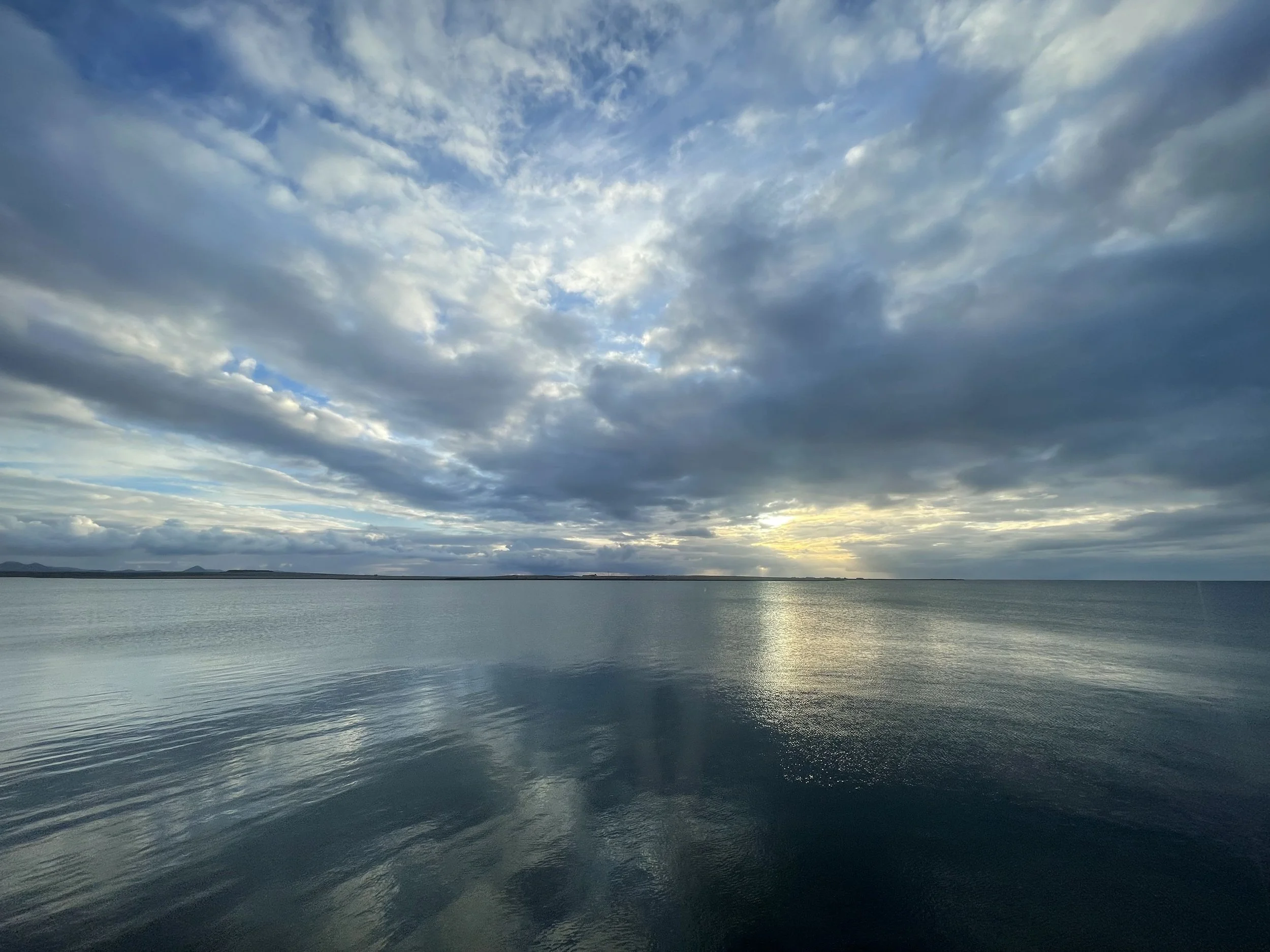Laurie Zoloth Calls American Academy of Religion to Account
In an impassioned, eloquent plea in San Diego last month, Laurie Zoloth, newly appointed 2014 president of the Academy of American Religion (AAR), called for a conscious “interruption” in our lives to take into account the dire climate crisis and to make substantial changes in our daily behavior.
State of Formation: A Forum for Young Faith & Ethics Leaders
It is difficult to know where to turn to get accurate, interesting, creative, not to mention, meaty theological reflections exploring the social issues we face in the world today. The online forum State of Formation (SoF) offers such a place, and as the forum grows, the continuing legacy of writers, ideas, topics, and dialogue grows as well.
Bud Heckman – An Interfaith Frank Lloyd Wright
Five Things Changing the Way Religions Interact
American Academy of Religion Opens Door to Interreligious Studies
It all began when I sat next to Prof. Barbara McGraw at an Interfaith Youth Core conference in Chicago in 2009. We were both impressed by the energy and passion of the religiously diverse young people gathered to talk about models of interfaith cooperation. Having helped launch the IFYC in my younger days and now learning the ropes of academic life in my position at Andover Newton Theological School, it struck me how powerful it would be to combine the scholarly depth of the academy with the passion of the interfaith movement. Barbara looked at me and suggested simply, “what about starting a new area at the AAR (American Academy of Religion) focused on interfaith work?”





